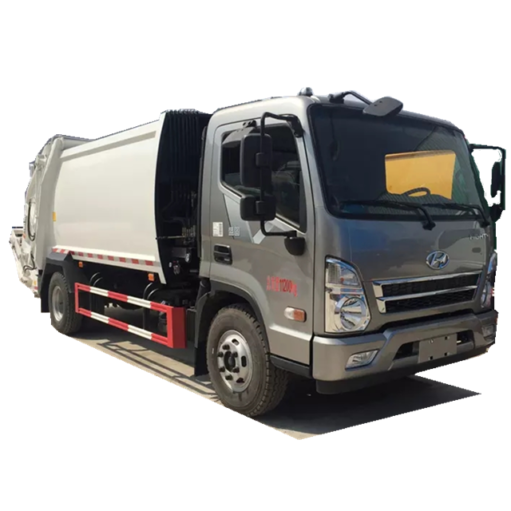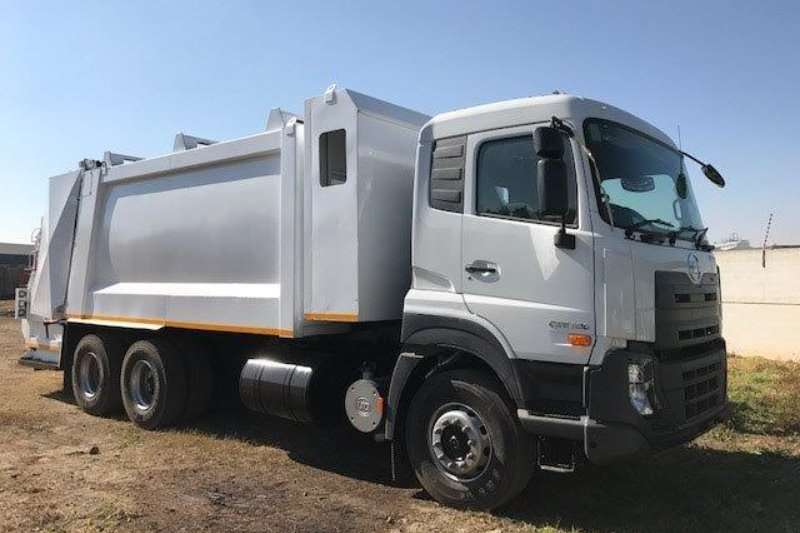

COMPACTOR TRUCK HOW TO
However, knowing how to properly dispose of different flammable materials can be confusing. Bottom Lineīeing mindful of what we put in our garbage and recycling will help keep our environment, community, and waste collection employees safe.

Contact local auto shops in your area and ask if they will accept used motor oil and other fluids like antifreeze and transmission fluid. Auto fluids also should never be thrown into your garbage since many of them are flammable. Never dump fluids down your drain or in your yard, they can contaminate the soil and harm wildlife. Many fluids we use to maintain our cars are toxic and should be handled with care. Learn more about how to safely dispose of used batteries. There are several types of batteries and the proper method to dispose of each of them is different. Used Batteriesīatteries contain corrosive materials and can combust if they are punctured and leak.

Ashes should never be placed in your recycling or garbage container. Of course, the compactor fell off and he ended up dragging it, Johnson said. Set the bag out for collection separate from your other garbage. The guy jumped in his truck and peeled off with the compactor still half kind of on his truck and chained up. Once the ashes are completely cool and dry, pour them into a plastic bag and tie it shut. Wait several days after the fire has been put out and transfer your ashes to a metal container and pour water on them. Hot Ashesĭid you know that ashes can remain hot enough to start a fire even after many days? To be safe, treat all ashes as if they were still hot. If you have an old propane tank that you’d like to get rid of, contact some local businesses that sell propane tanks and ask if they recycle used tanks. Pressurized containers can even explode and cause serious injury if they become too hot. The smallest amount of gas is highly flammable and can quickly ignite if it comes in contact with other combustible materials inside a garbage truck. Pressurized Containers and Camping FuelsĮven if your propane, oxygen, or camping gas tank seems empty, it still has the potential to start a fire. Store your leftover pool chemicals in a cool, dry space away from other cleaners and household chemicals and save them for next summer. They should never be disposed of in your garbage or recycling container. Pool chemicals can also release toxic vapors. Seattle Public Utilities collection contractors, Waste Management and Recology, own and operate the fleet of vehicles that service garbage, recycle. While chemicals like chlorine are great for keeping our pools clean, they can ignite and start a fire when they are mixed with incompatible chemicals. Pool chemicals are used to disinfect and balance pools. The following items have the potential to combust or even explode if they are carelessly thrown in your garbage or recycling container.


 0 kommentar(er)
0 kommentar(er)
